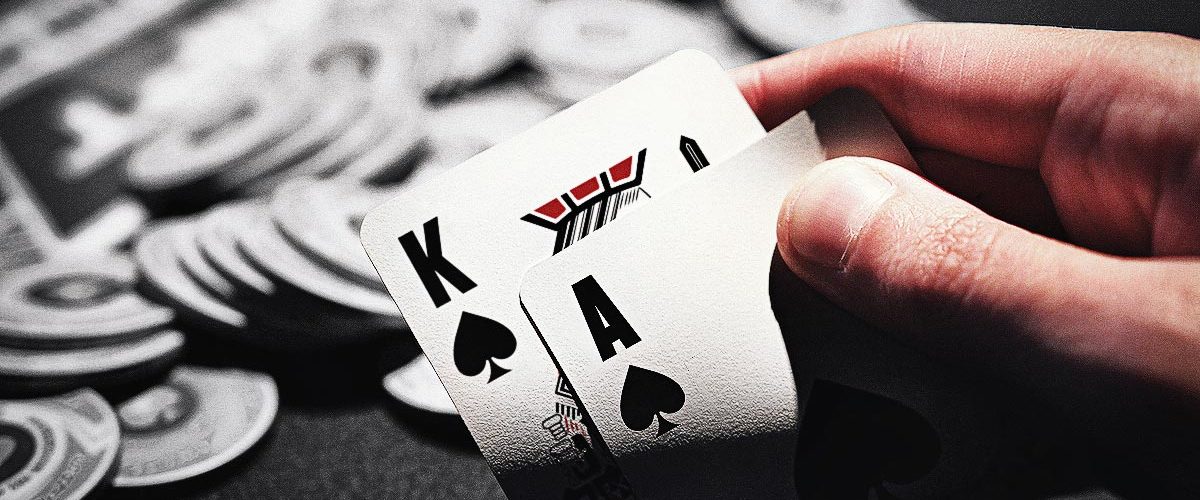How to Play Small-Ball Poker
Small-ball poker is a term that was made famous by Daniel Negreanu, the most winning tournament player of all time with $32.4m in earnings. He has been credited with perfecting the style of play known as small-ball poker, but what is it? And how can you start using small-ball poker strategies in your Texas Hold’em game today? Read on and find out…

Defence is the best offence
In general, small-ball poker is a style of play for tournament poker that allows you to protect your stack at all times while continually looking for ways to win pots from your opponents with the minimum of risk. For example, if you are facing a three-bet and hold a decent hand like A-Q you would just call instead of four-betting and potentially being crushed by A-K or a monster pair. Of course, this doesn’t mean that you shouldn’t try to get all-in pre-flop when you have a monster – it just means that you don’t need to take risks if there are lower variance routes to play the hand, such as seeing a flop in position.
The same line of thinking will often apply when you have a draw post-flop too. Let’s say you are in position and you flop the nut flush draw. Many players would be happy to get their stack all-in here, because with a flush draw and overcard you’re very likely to have around 50% equity if all the chips get into the middle. However, small-ball poker teaches a style of play that has much less variance.
Instead of raising and taking on a gamble you would just call in position. This has some advantages to raising. First, you keep the pot much smaller so that you can protect your stack. Secondly, by just calling you can keep your range wide. Imagine that you hold Ah-5h and the flop is Qh-8h-3s. If you just call then your opponent could feasibly put you on a Queen, an Eight, a mid-pair, a flush draw or even a gutshot straight draw. It means that there are plenty of cards that could come on the turn that you can bluff at and win the pot – even if you miss the huge draw that you actually have! Finally, there is still that possibility of hitting your flush too. And the more hands that your opponent thinks you could potentially be holding, the higher the chances are that they might pay you off.

The problem with small-ball
Small-ball poker can be hugely effective in tournaments, and especially when you are on a table full of players who are not hugely aggressive. The ideal type of opponent you want to be up against when playing small-ball poker is one who will just fire away once when bluffing post-flop. Against these players you can call in position and then bet small when they check to you on the turn – it will usually take the pot down.
Small-ball poker is much more difficult to implement when you are playing really aggressive opponents who will keep firing away, no matter what they hold. It’s easy when you have a strong hand – just play passively and let them do the betting for you – but it will be next to impossible to win chips when you just have air yourself. In this case, it might be best to abandon small-ball for now and try to fight fire with fire. Alternatively, you could tighten up and wait for a strong hand to take advantage of your opponent’s aggression – but this approach might not always be possible with escalating blinds and antes in a tournament!

